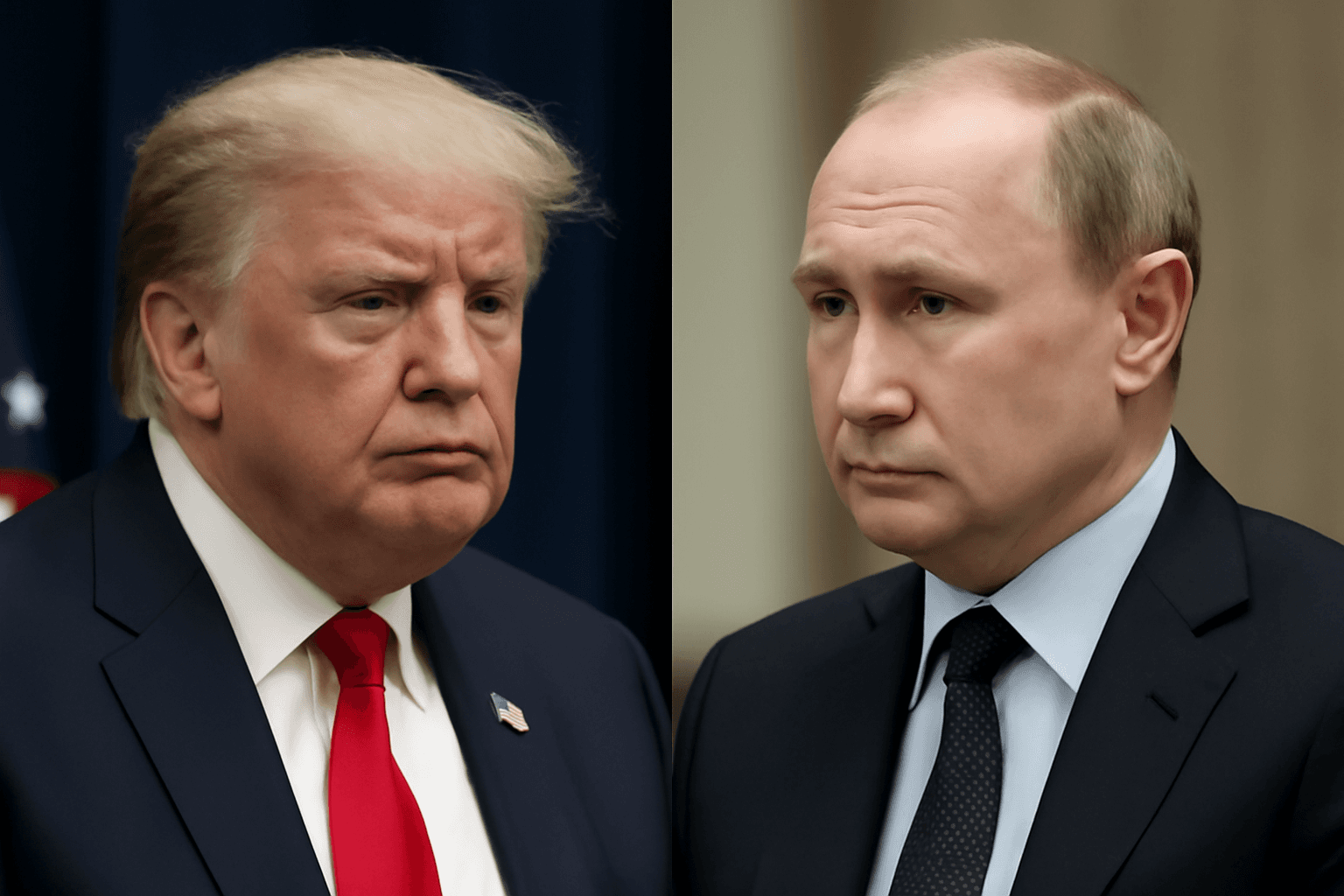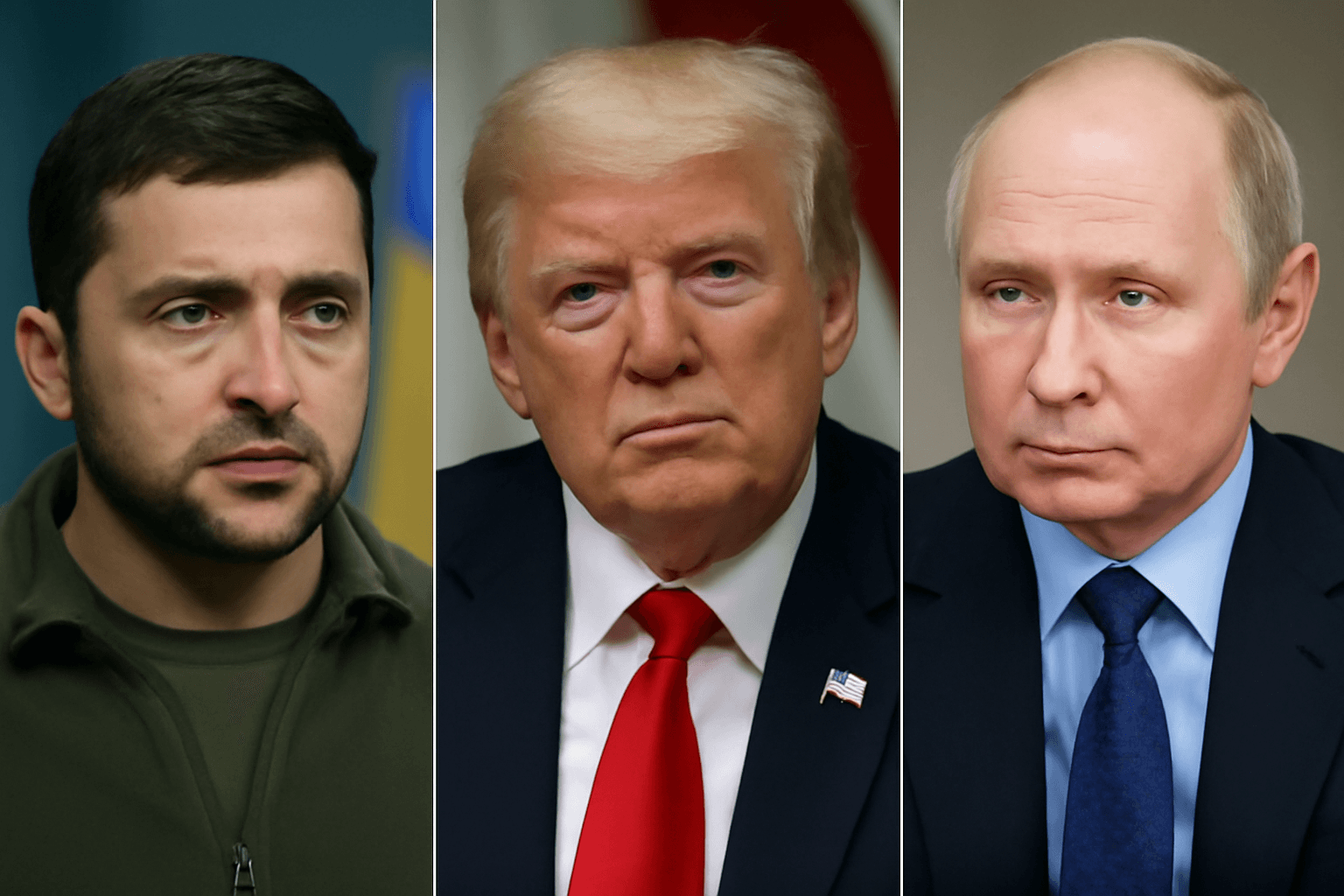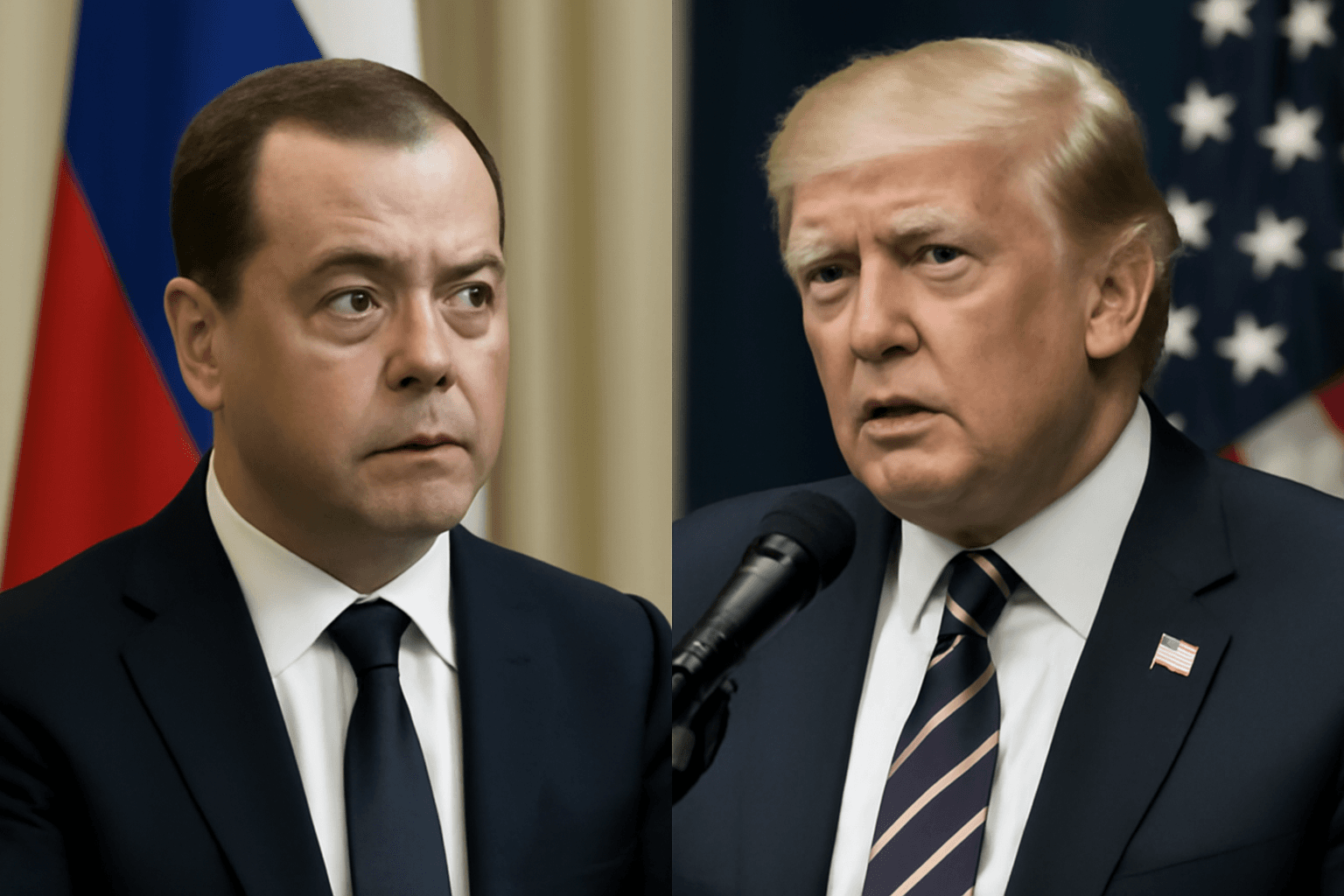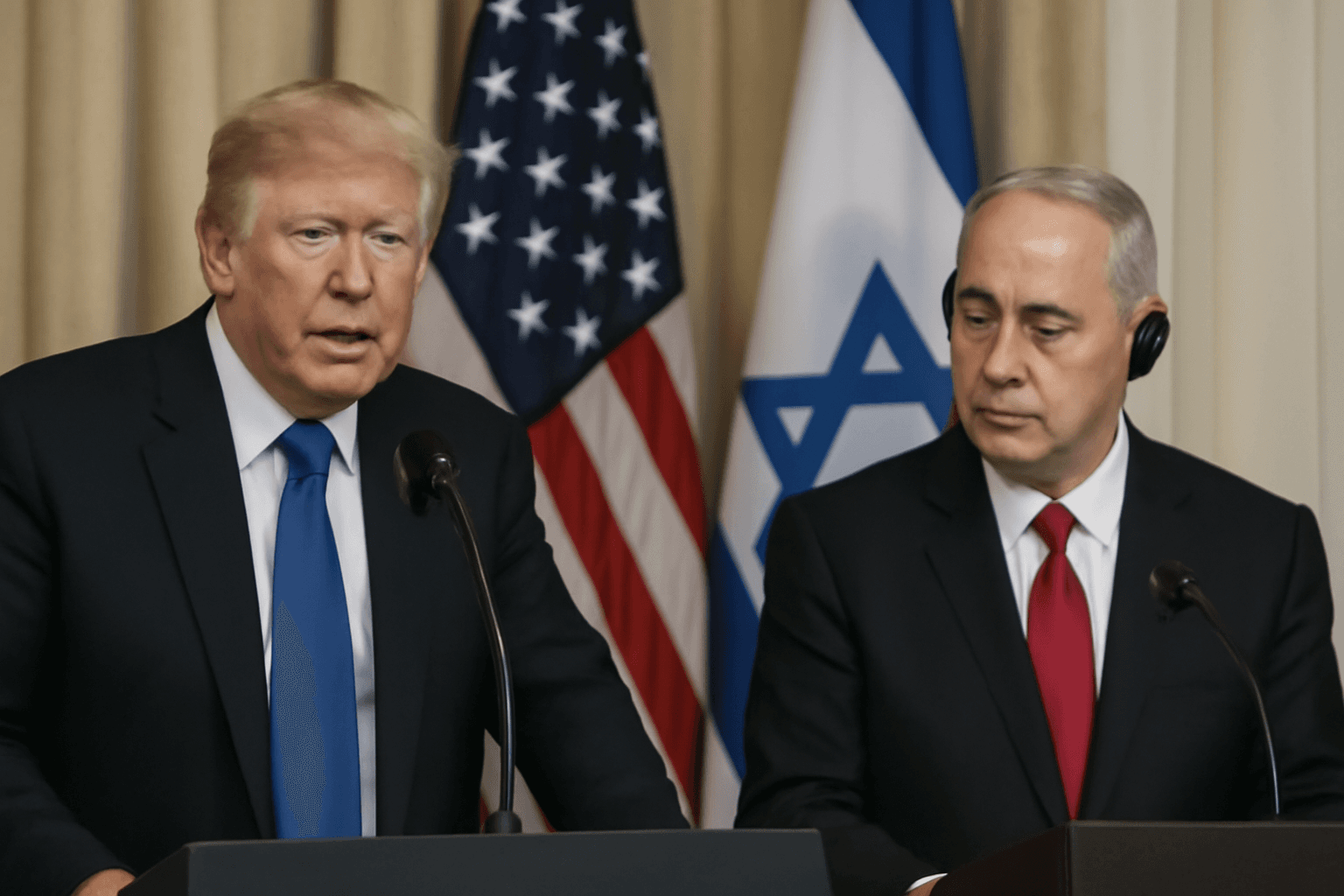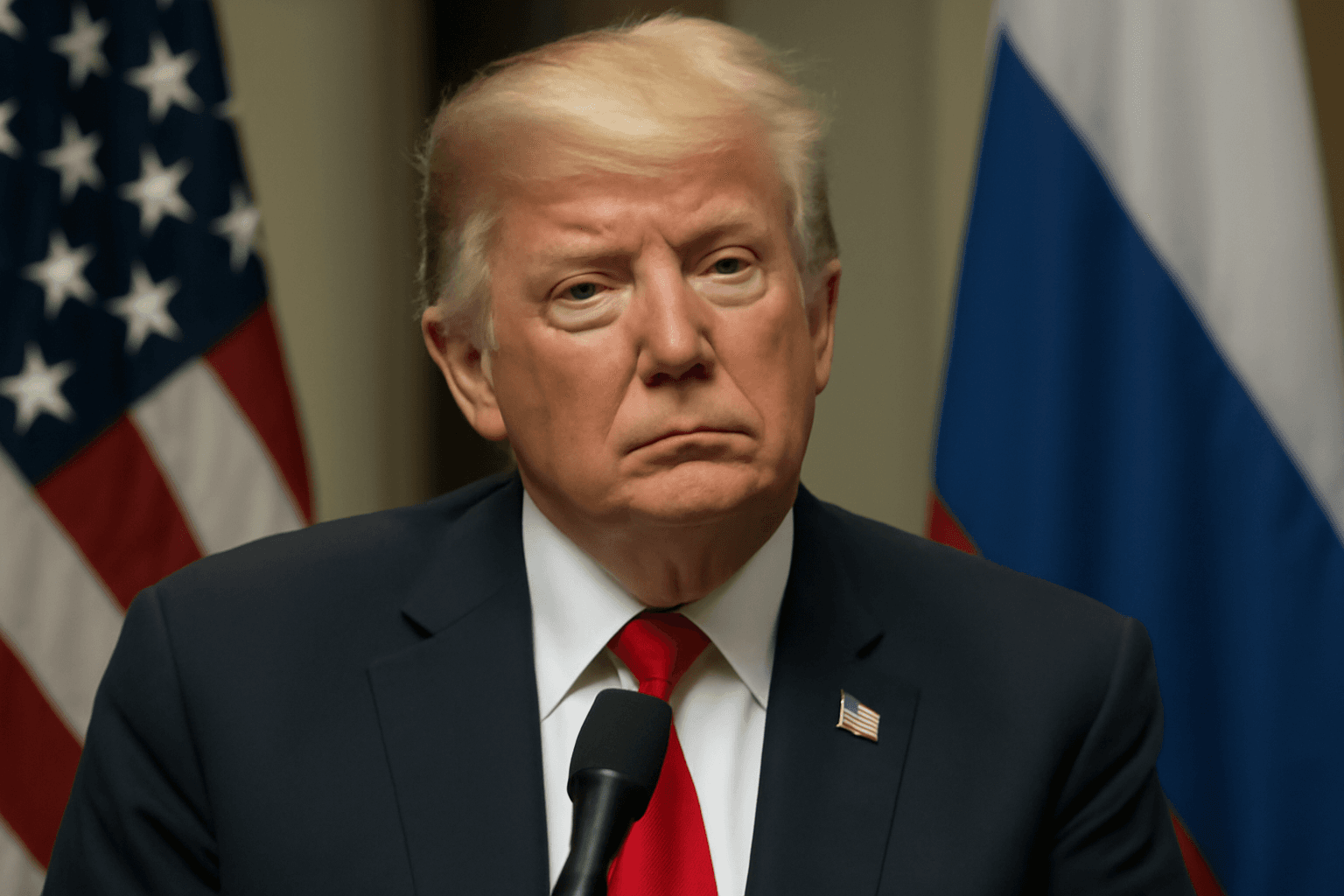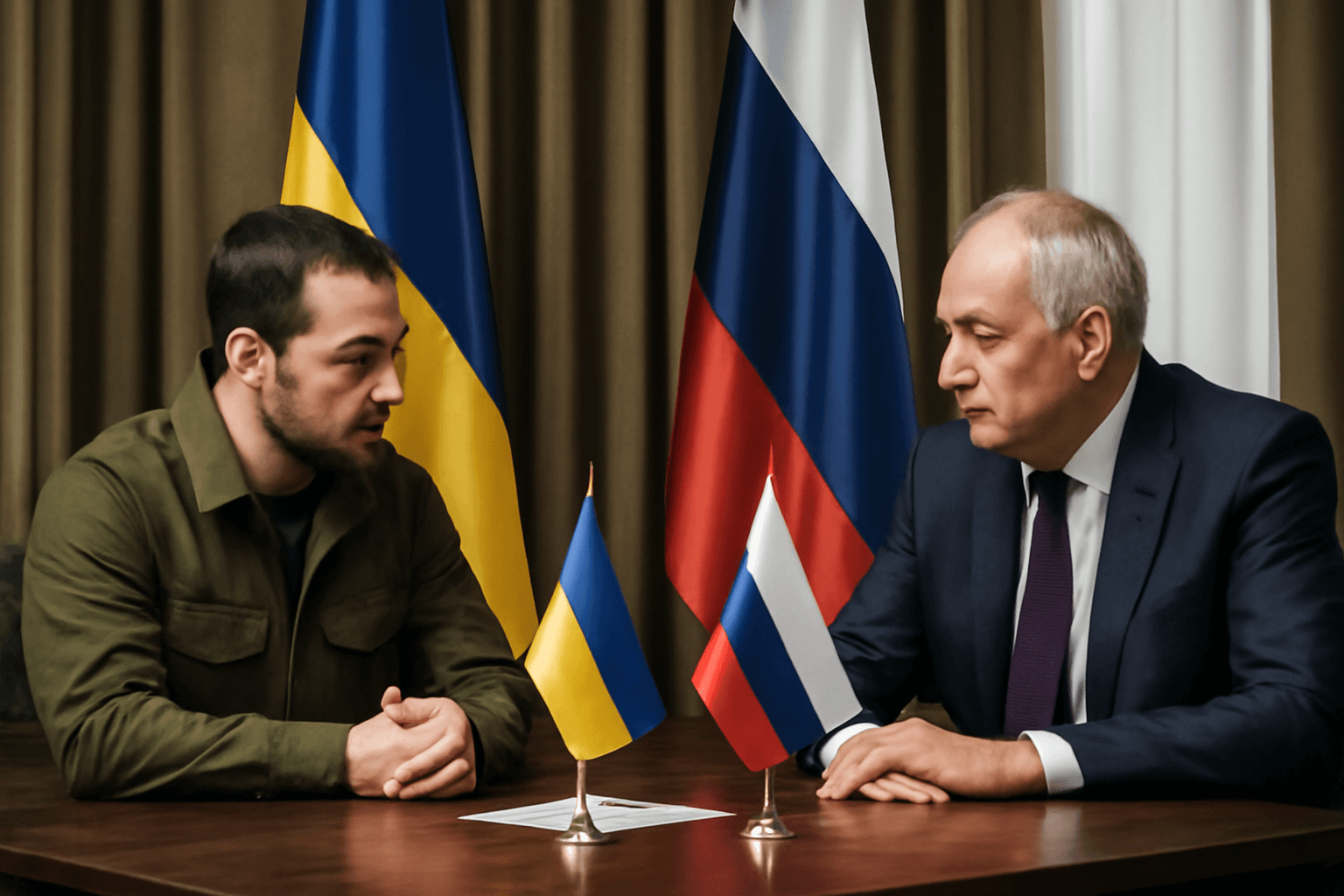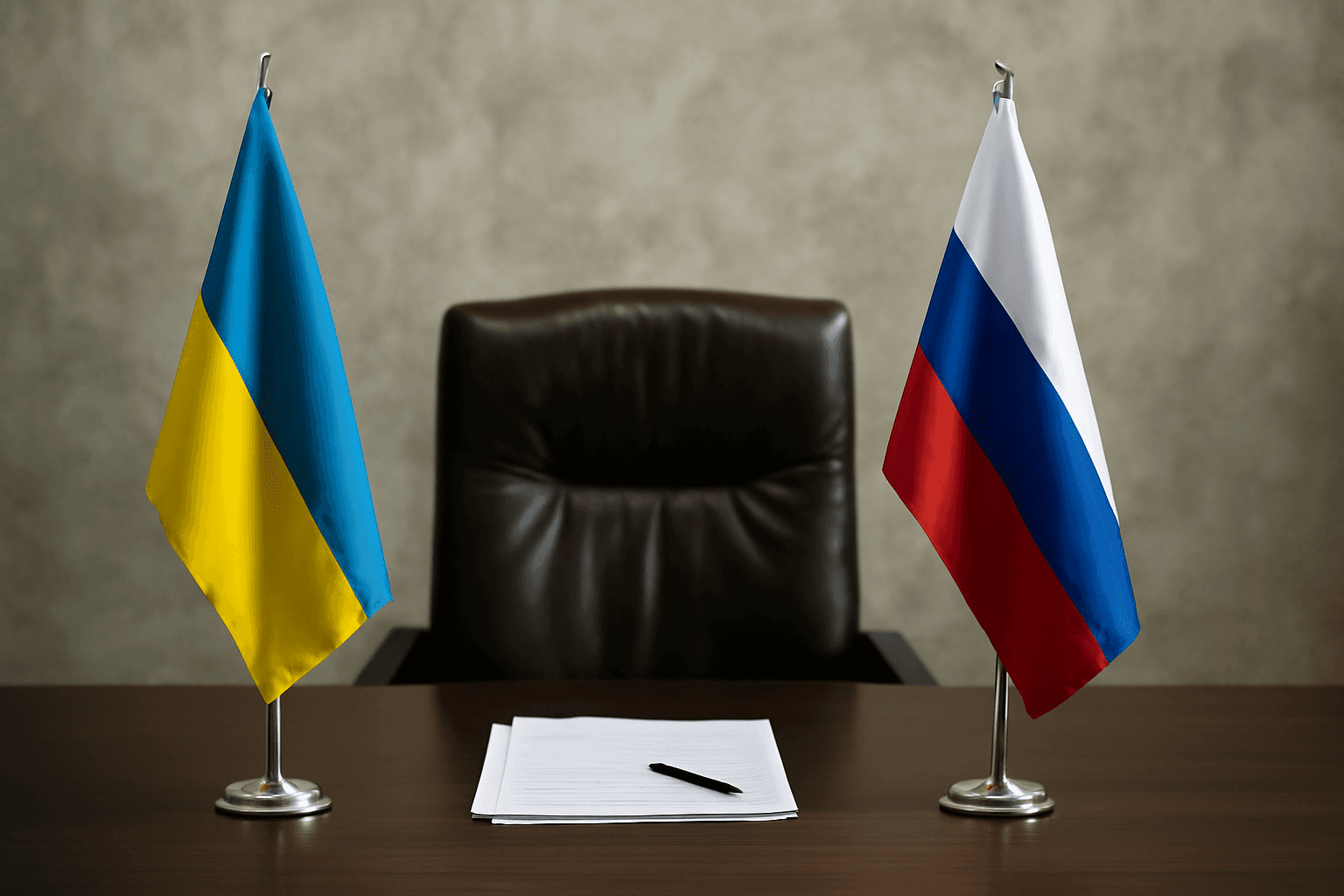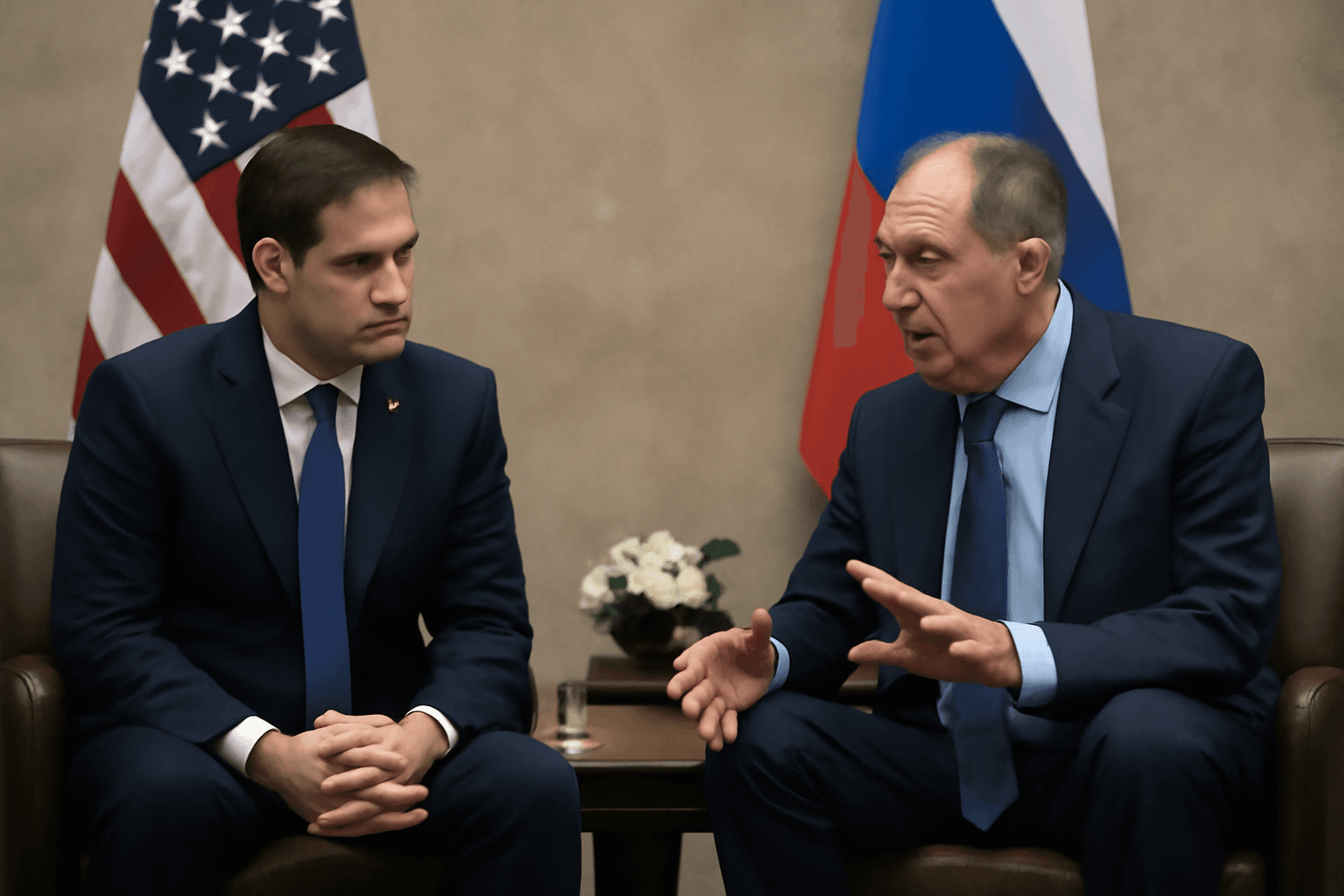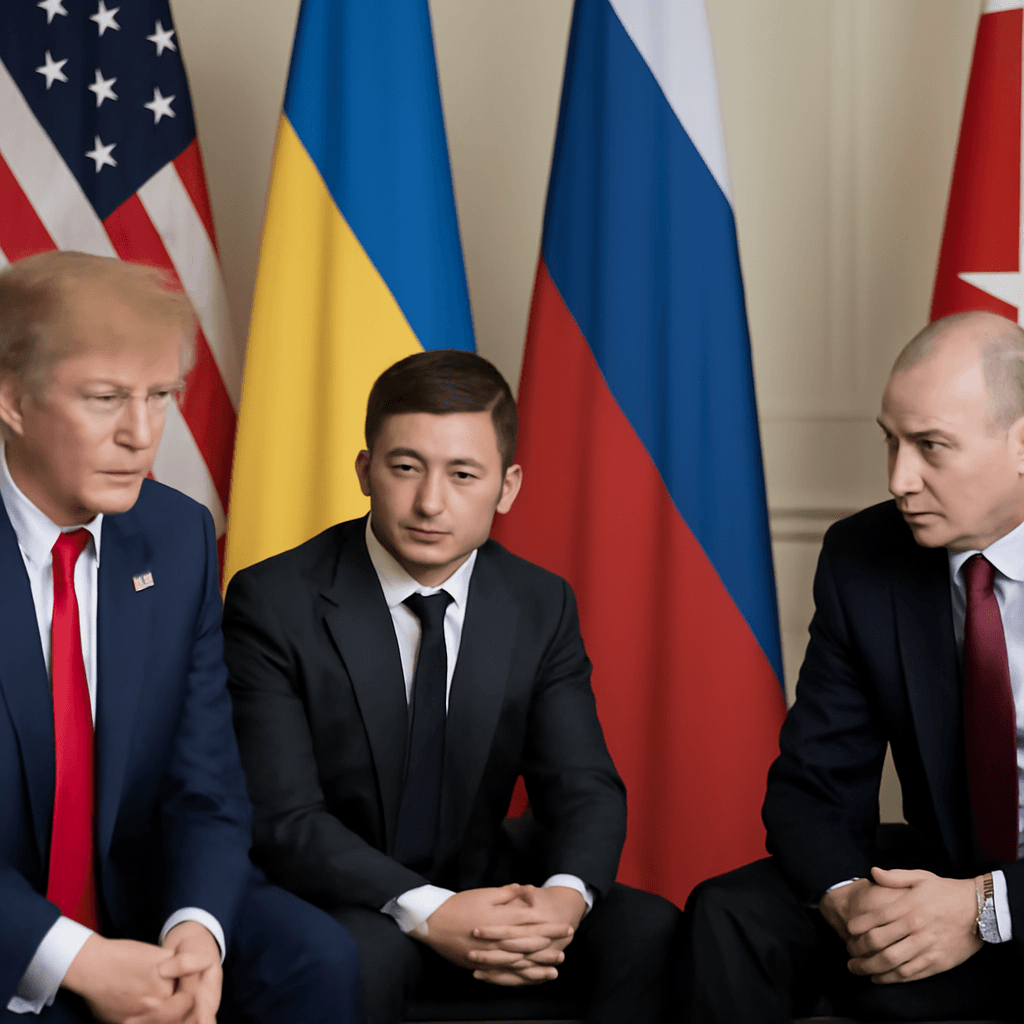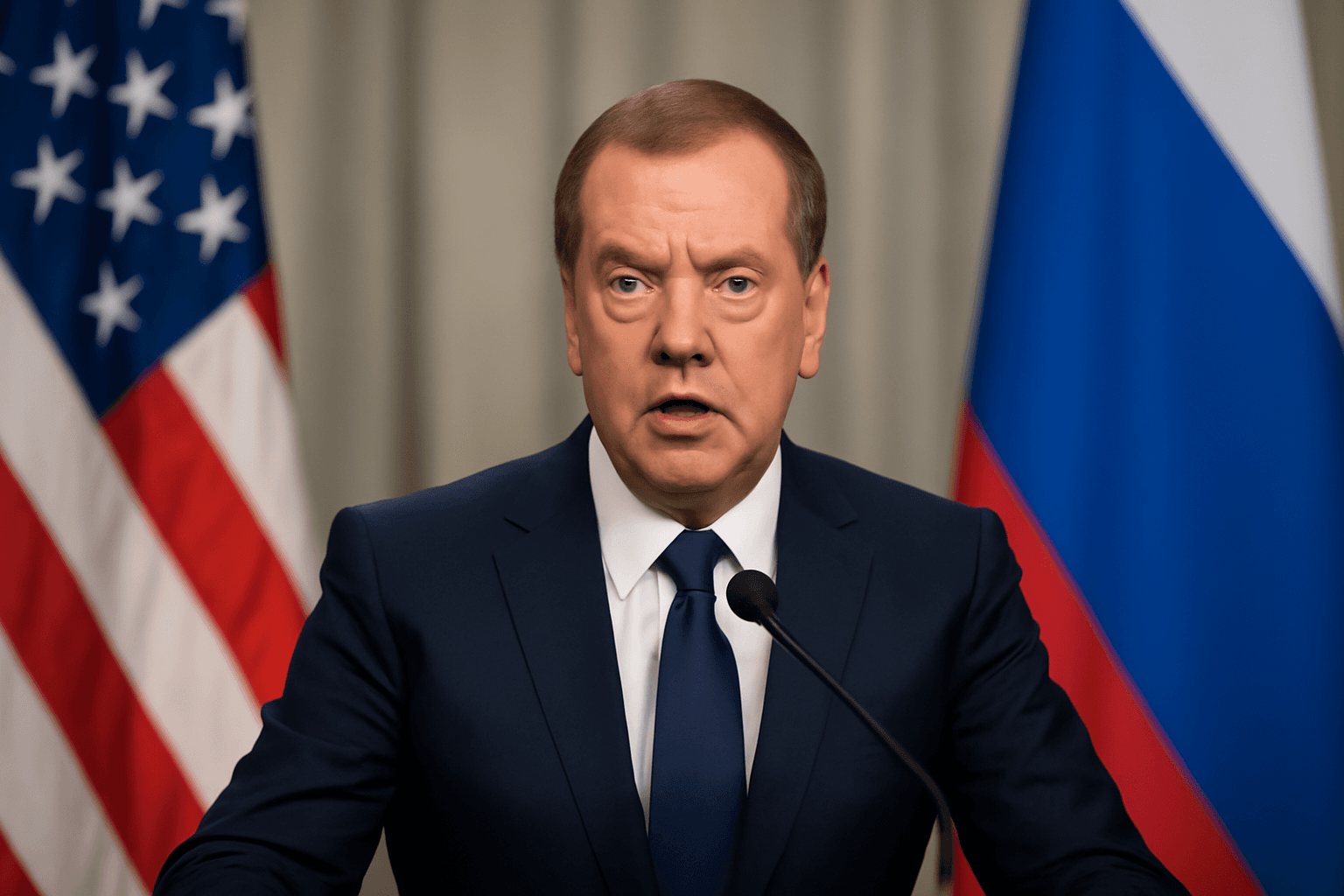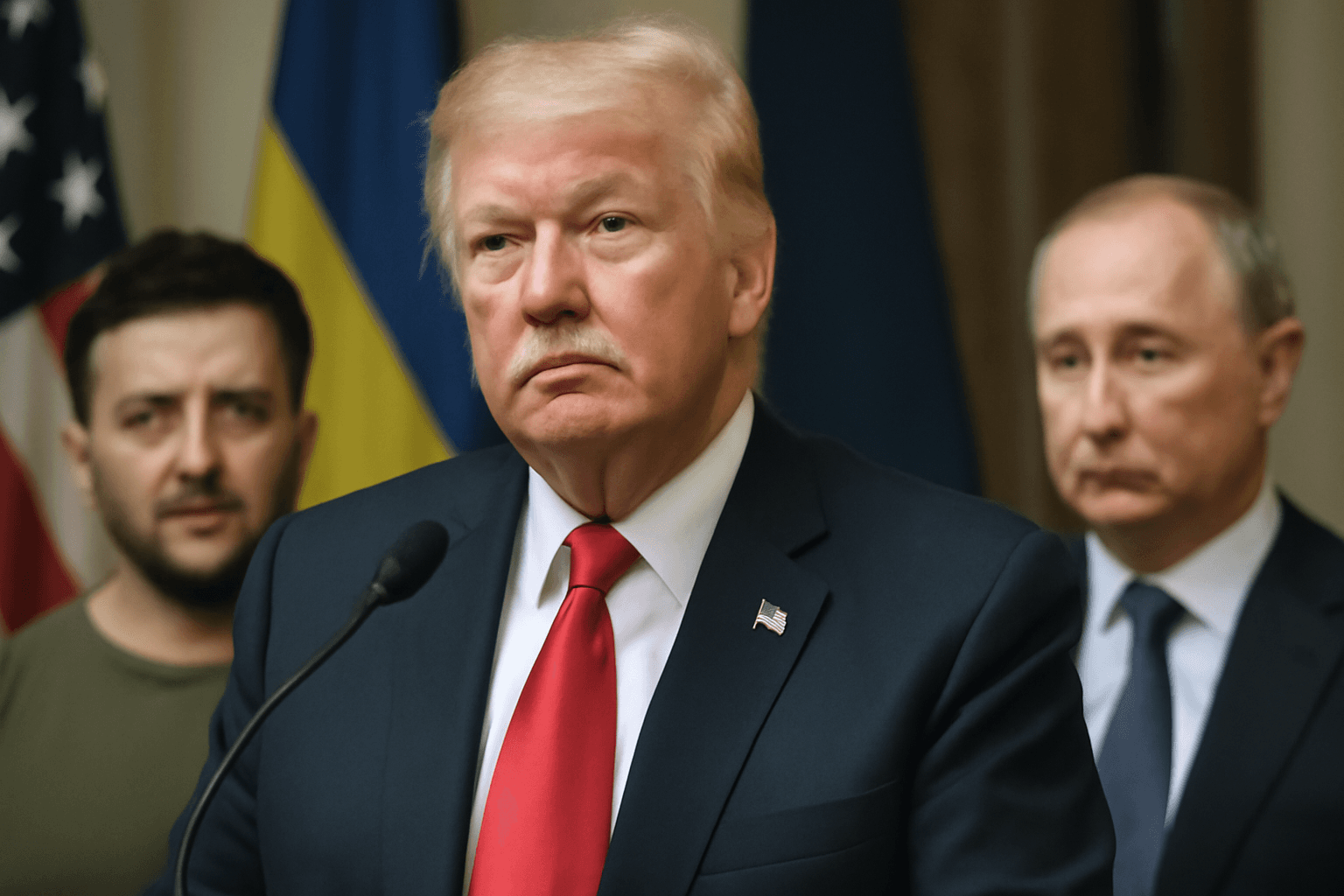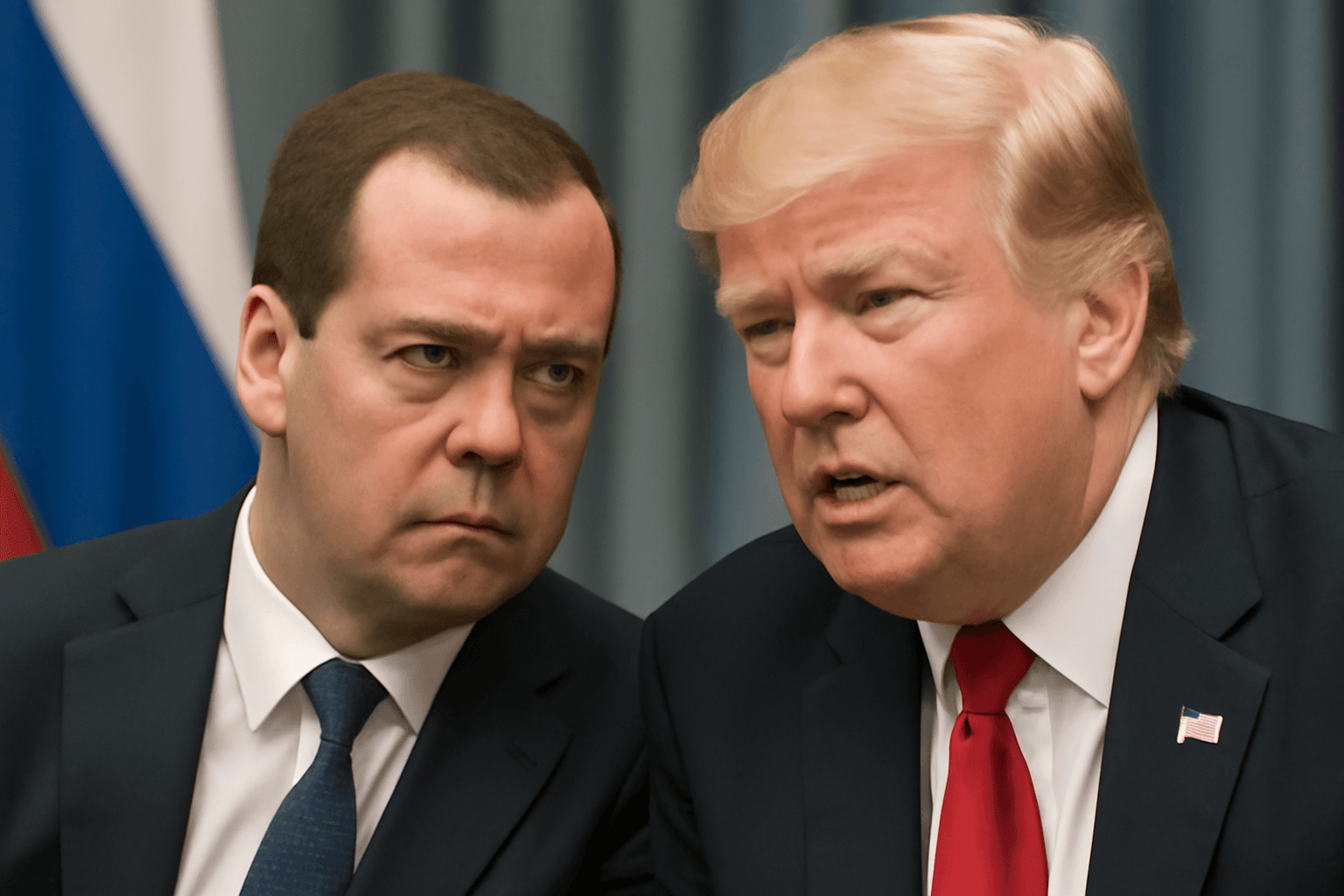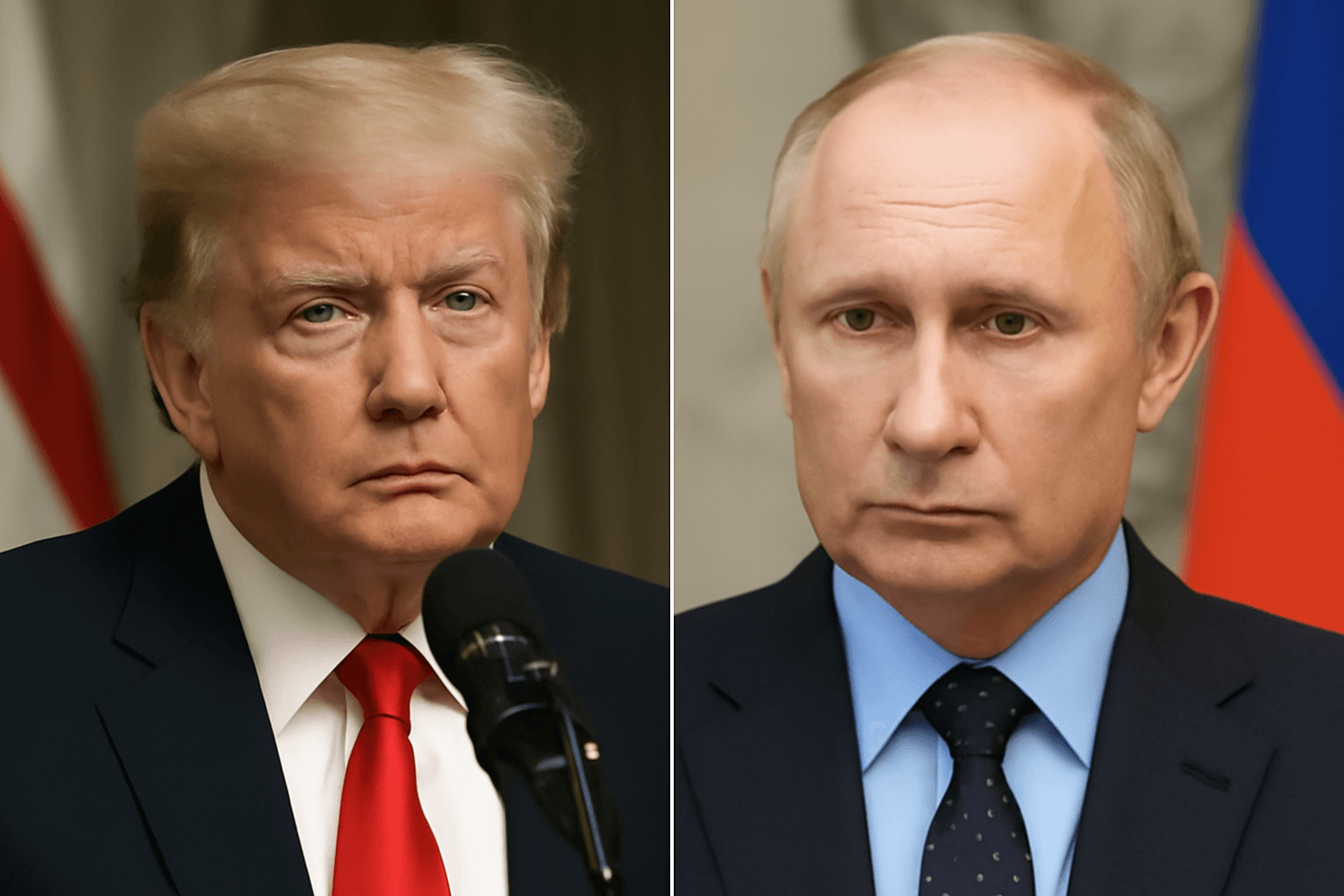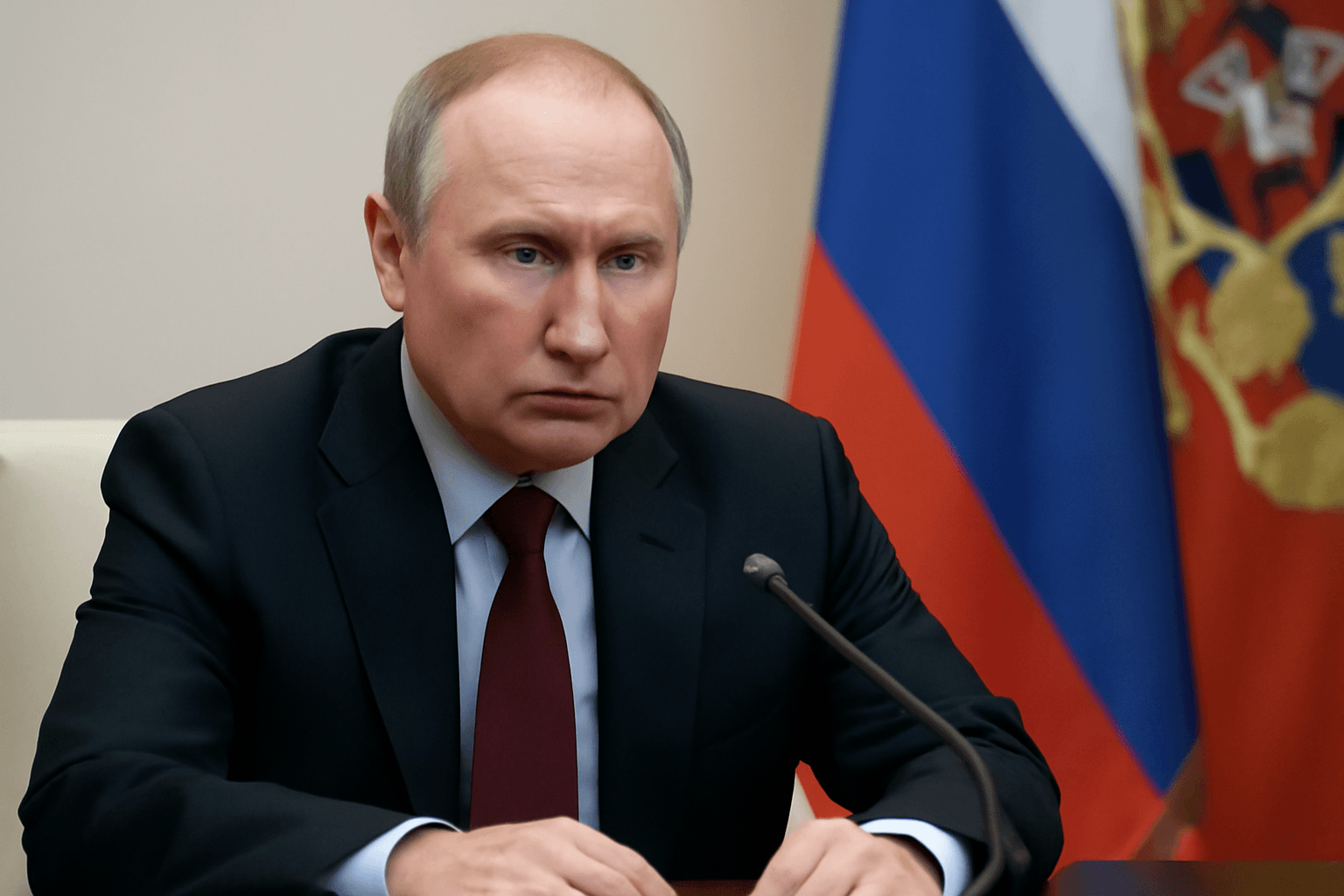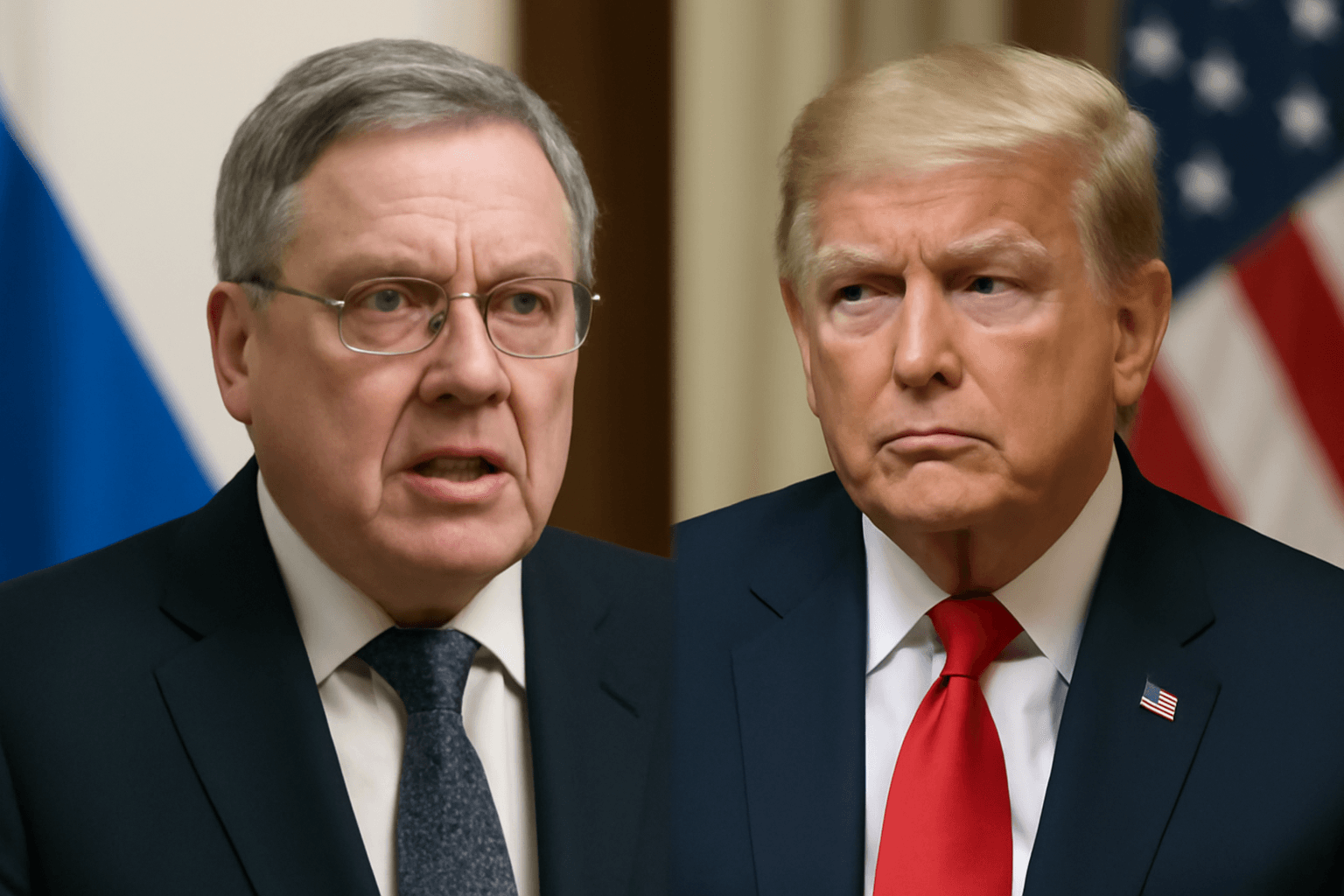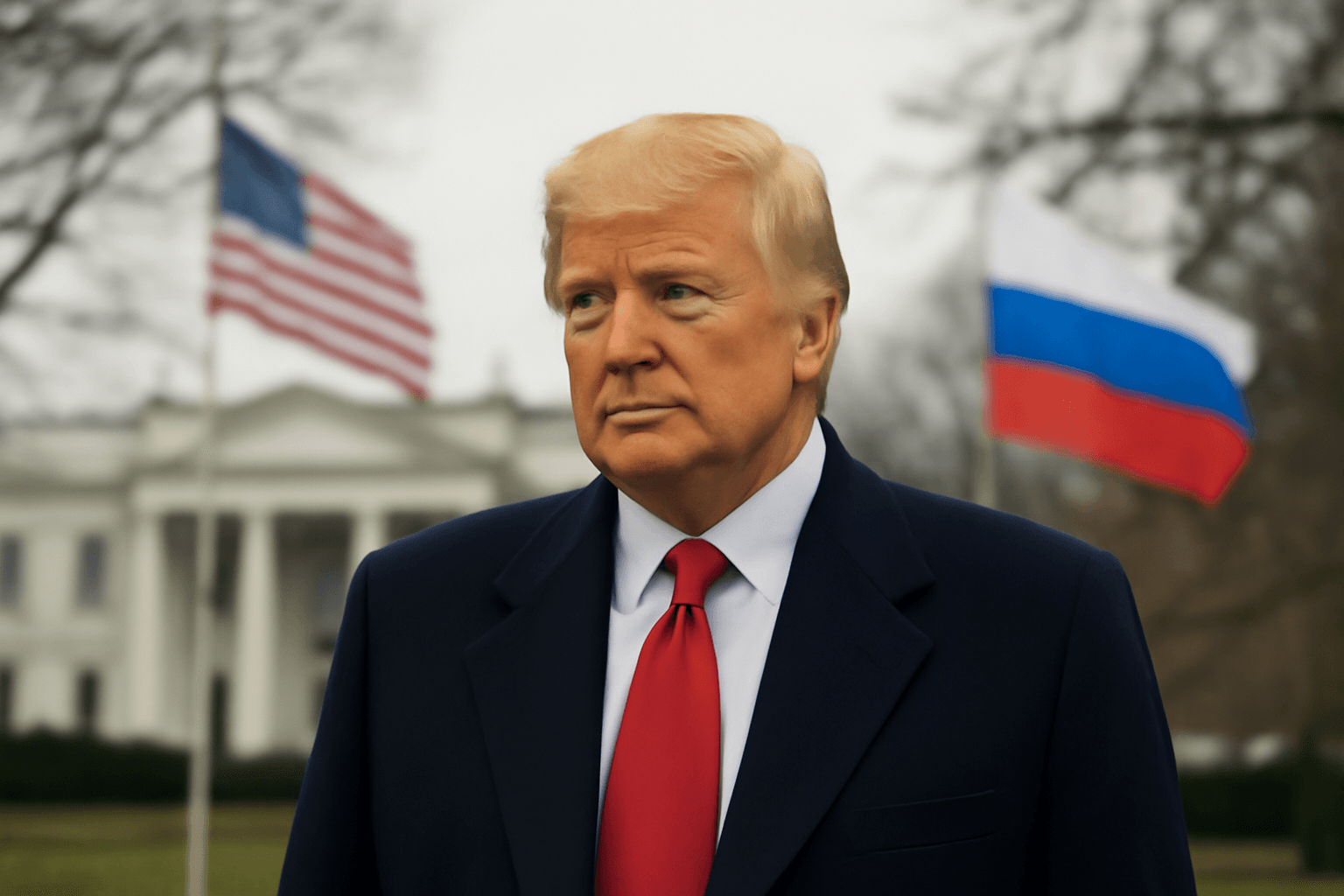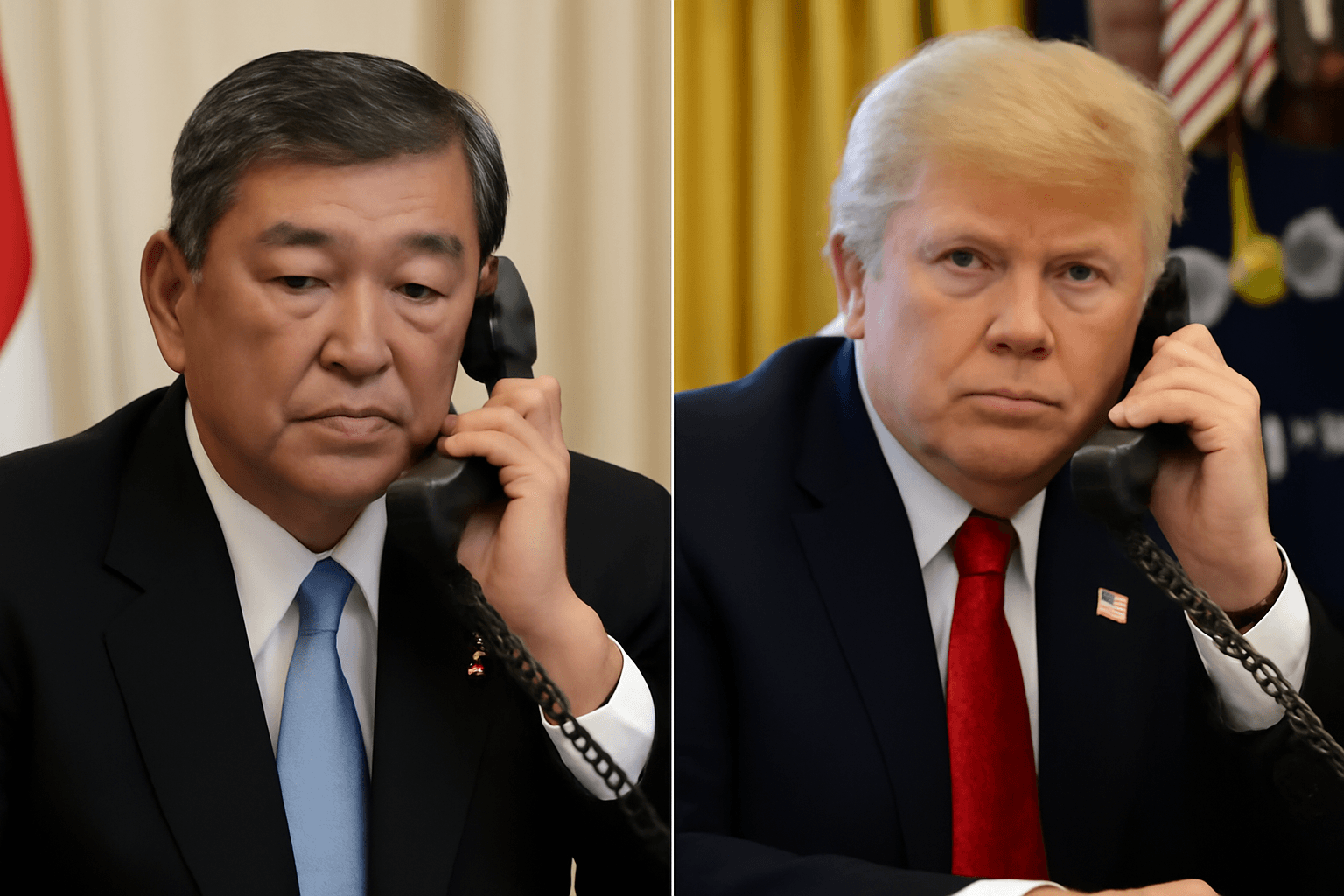In a recent statement from the Oval Office, former US President Donald Trump issued a two-week ultimatum to Russian President Vladimir Putin, demanding proof of a genuine commitment to ending the war in Ukraine. Trump warned that failure to demonstrate sincerity would result in altered US responses to Russia's ongoing aggression.
Speaking to reporters, Trump expressed disappointment over Russia's recent missile and drone attacks on Ukrainian cities. "When I see rockets being shot into cities, that’s no good. We aren’t going to allow it," he said. He added that if it becomes clear Putin is not transparent about his peace efforts, the US would pursue a "different" approach after about one and a half to two weeks.
Trump's remarks follow a recent two-hour conversation with Putin, which initially suggested progress towards ceasefire negotiations. However, contrary to expectations, the Russian military intensified its assault on Ukraine, capturing three villages in eastern Ukraine, which escalated tensions.
Expressing frustration, Trump accused Putin of "playing with fire" and described his actions as "going absolutely crazy." Meanwhile, Kremlin spokesperson Dmitry Peskov confirmed no plans for further talks with Trump, even as the conflict persists.
Putin had previously indicated a willingness to collaborate with Kyiv on a memorandum outlining steps towards peace, including a ceasefire timeline. However, the Kremlin has yet to present this document to Ukrainian officials, suggesting it is still under preparation.
Ukrainian authorities view the delay skeptically. Heorhii Tykhyi, spokesman for Ukraine’s foreign ministry, criticized Russia for stalling the peace process, stating the reluctance to share the memorandum likely stems from unrealistic terms intended to delay negotiations.
As international concern grows over the ongoing violence, Trump's ultimatum places pressure on Putin to clarify Russia’s intentions. The coming weeks will be critical in determining whether diplomatic efforts can yield progress toward resolving the conflict.

